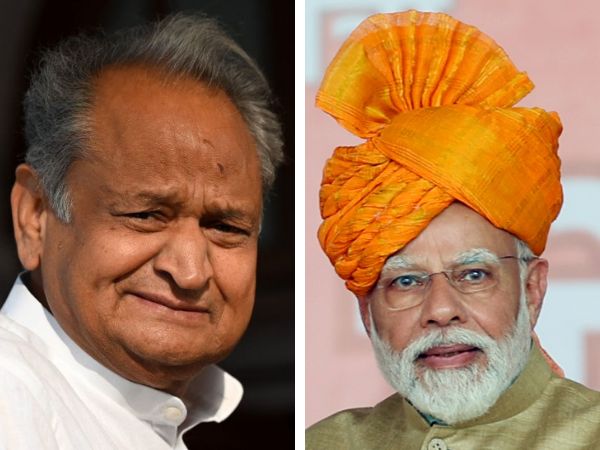- Saturday, April 19, 2025
Both the state’s ruling Indian National Congress and the opposition Bharatiya Janata Party are desperate to win the state ahead of next year’s national elections.

By: Shubham Ghosh
AN intense election season is underway in India at the moment with five states going to polls and they are being called as the semi-final ahead of next year’s big ‘final’ — the general elections. An interesting aspect of these state elections is that the country’s ruling Bharatiya Janata Party (BJP) is more banking on the appeal of prime minister Narendra Modi to see it through, instead of the states’ local leadership.
In Rajasthan, India’s largest state for example, the election scheduled for Saturday (25) has become a presidential type between Modi and its chief minister Ashok Gehlot. The BJP, which is eyeing to return to power in a state where anti-incumbency reigns supreme in every election, is fighting under Modi’s leadership while the ruling Indian National Congress, which is desperate to do well in next year’s national polls and wants to break the tradition by clinching a second consecutive mandate, is being led by Gehlot.
One hundred and ninety-nine of 200 seats in Rajasthan will go to polls on Saturday.
The campaigning for the elections has seen personal attacks to debating on state and national issues. Several themes are at play in Rajasthan this year that makes this election a complex issue.
The 72-year-old Gehlot, who is among the Congress’s last few experienced chief ministers in the country, is popular in the state politics and is doing well in the CM ratings across elections. But a chief ministerial face might not be the ultimate defining factor in the results. The BJP has not announced its top leader in the state, Vasundhara Raje, a former chief minister, as the CM face in this election either. The banking on Modi is very high.
One major challenge for the Congress in this election is the anti-incumbency mood against a number of lawmakers of the Congress. According to one analysis. out of 621 sitting lawmakers in Rajasthan from the Congress and BJP who contested in the last four elections (2003-2018), less than 40 per cent were reelected. This is not something that would make the ruling party comfortable.
Gehlot, who is aware of the scenario, has tried to make the contest a personalised one with himself pitted against Modi. According to the findings of a survey done by NDTV-CSDS Lokniti, 37 per cent of voters believe Modi matters more than Gehlot to them at the time of casting ballots. As against that, 32 per cent back Gehlot. At least 20 per cent say both are important.
The three-time chief minister has also launched schemes and public relations campaigns to boost his chances but his friction with Sachin Pilot, another top Congress leader in the state, might see the party risking at least 40 seats.
But in a parliamentary system, it is not just individuals that matter in elections. Local issues and candidates and caste dynamics in one of the major states in the Hindi heartland besides individual records of lawmakers also play a significant in determining the ultimate results.
Results of the elections in Rajasthan will be announced along with those in neighbouring Madhya Pradesh, Chhattisgarh, Telangana and Mizoram.